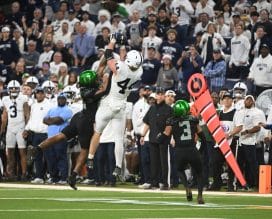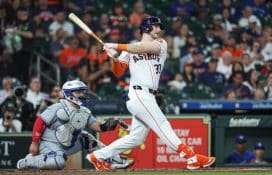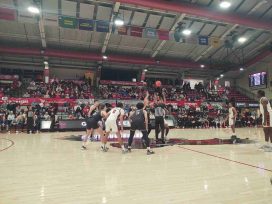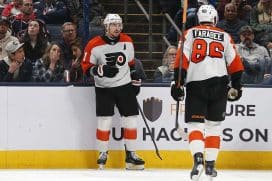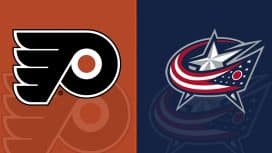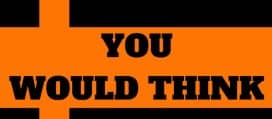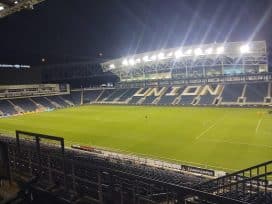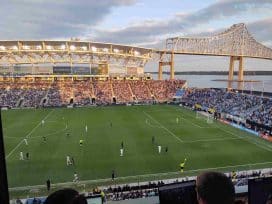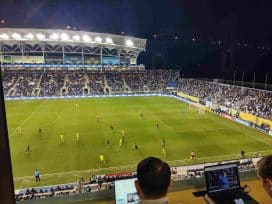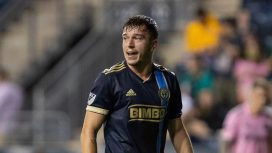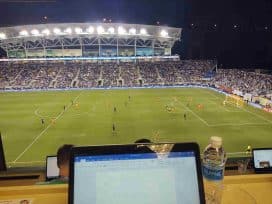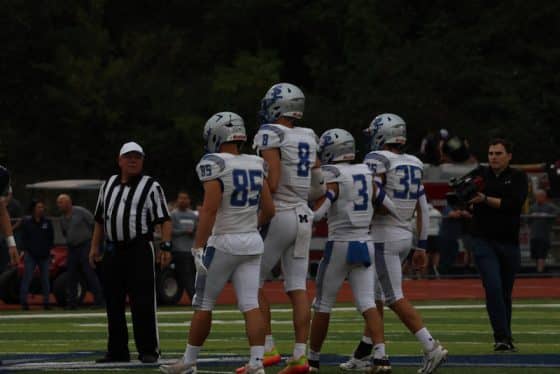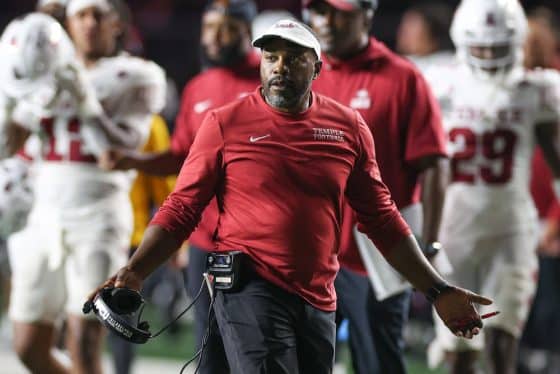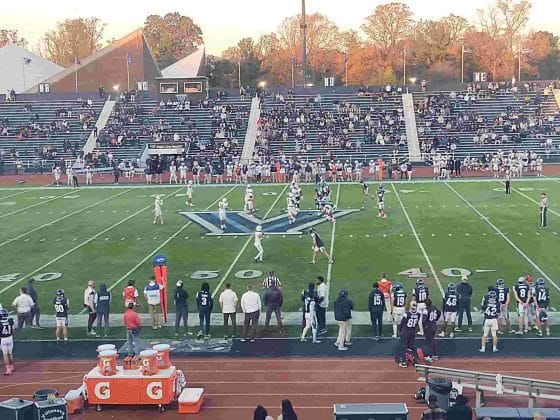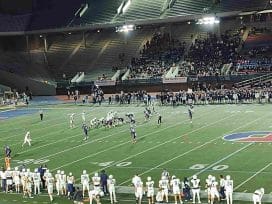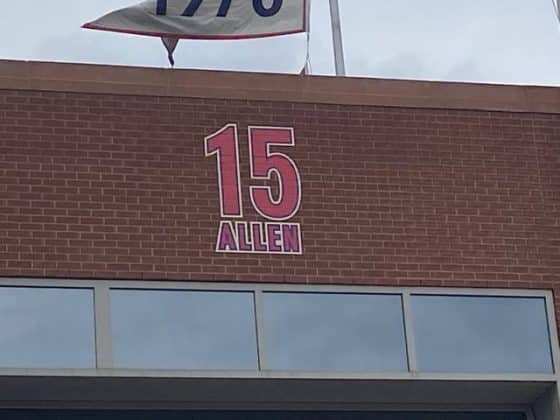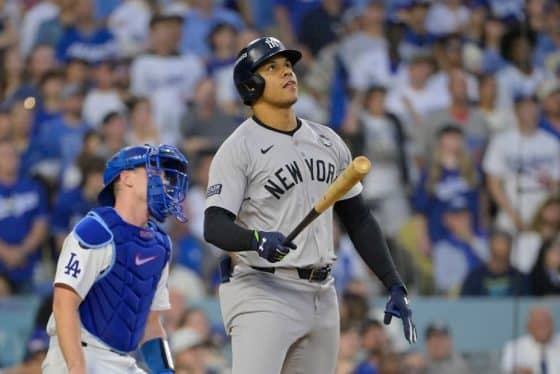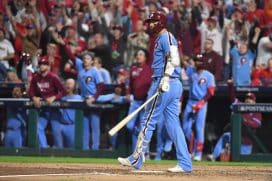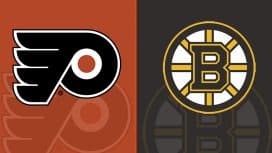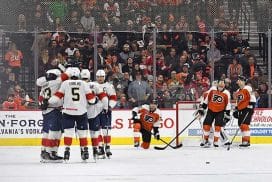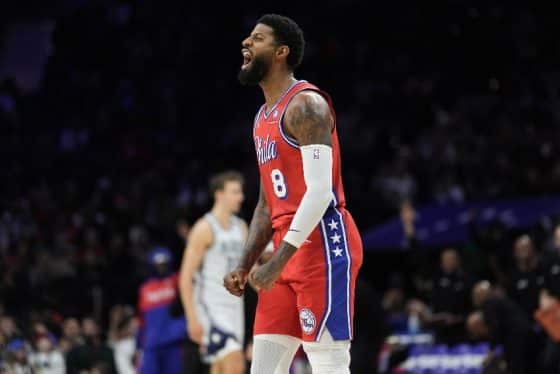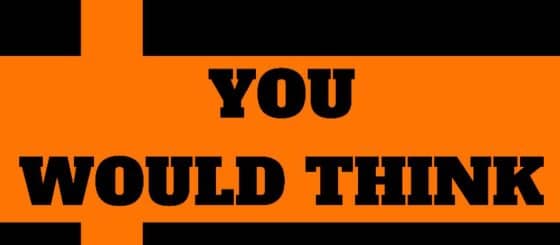Flyers
NHL’s Target Date Remains Mid-January, Focus on COVID-19 Protocols
By Kevin Durso, Sports Talk Philly editor
It’s been a few days and talks continue between the NHL and NHLPA. Still, there is no formal announcement of an agreement and time continues to pass, and that could put the NHL’s target start date in jeopardy again.
The NHL’s initial target start date was Jan. 1, but with COVID-19 cases on the rise again and financial talks dominating the negotiations, too much time passed and the NHL set their sights on Jan. 13. That currently remains the case, though there is pessimism that if a deal is not reached this week, that date may have to be delayed further.
A report from TSN’s Renaud Lavoie says the earliest any announcement could come is Friday, and that’s far from certain. Commissioner Gary Bettman spoke on a video conference panel discussion on “Holding Domestic and International Competitions in the Modern Conditions of a Pandemic” and said that while the mid-January target remains the same, the discussions are now surrounding COVID-19 protocols and how to conduct a season safely.
“It is clear that we will not be playing an 82-game schedule for the regular season, which we normally do, but we're going to try and play as many games as possible,” Bettman said. "Right now, we're focused on whether or not we're going to play in our buildings and do some limited traveling or play in a bubble, and that's something we're working on and getting medical advice on."
One challenge the NHL faces is having so many teams with varying guidelines and restrictions in place. The US/Canada border closure is one challenge that the league will likely have to counter by having an All-Canadian division featuring the seven Canadian teams facing each other exclusively, thus realigning the remaining 24 teams. There are teams within the US that would face restrictions from hosting events and training in their own facilities.
Despite this, Bettman said a bubble is not something that the NHL can conduct for an entire season.
"We don't think we can conduct an entire regular season that way," Bettman said. "But circumstances, depending on where COVID is spiking and where the medical system is being taxed at any given time, may require us to adjust. So, for example, we have a couple of clubs that can't hold training camp or conduct games even without fans in their current buildings and facilities, and we're going to have to move them somewhere else to play.
"If enough teams can't play, again, without fans, in their own facilities, then we may have to move more and more towards a hub. It may be that some teams are playing in other buildings. It may be that a whole group of teams have to play in other buildings. One of the things that we're doing for the regular season, as we're planning it, is we're going to just play within our divisions, so we're not going to play every team against everybody else in the course of a season."
While even limited travel doesn’t come without risks, the NHL has listened to what players had to say following the bubble experience in the 2020 Stanley Cup Playoffs. The final two teams left in the bubble, the Tampa Bay Lightning and Dallas Stars, had to spend some two months away from family, which created a difficult atmosphere.
"Doing that will not be as risk-averse as being in a bubble or a hub, but for an entire regular season, even if it's abbreviated, we didn't think we could put the players in a bubble for six months," Bettman said. "That just wasn't practical."
Bettman said that the NHL is watching how other leagues have approached this, notably the NBA as they progress through their preseason currently and start their regular season next week. As the NHL sits back and watches and constructs a plan, the goal for holding a season remains the health and safety of everyone involved.
“The biggest challenge is making sure that our players and supporting personnel are safe and healthy and making sure that we're not doing anything that puts the communities in which we're playing at risk either in terms of spreading COVID or taking medical resources, whether it's testing or vaccinations,” Bettman said. "We understand what is vitally important to each community and to the health and welfare of each community, and we don't want to do anything that would interfere with that. But everything that we're doing and working on with the Players' Association starts with keeping the players and the communities in which we play safe and healthy."
Talks are ongoing between the NHL and NHLPA and more and more players are starting to return to the United States from international locations in Europe, clearly showing that a season will take place at some point. That remains the biggest question for the NHL: when will this season begin?
Based on what the players are starting to do by coming home, it’s optimistic that it will be soon enough, but with no deal in place at the moment, it is far from a sure thing that the NHL season will be underway in mid-January.

